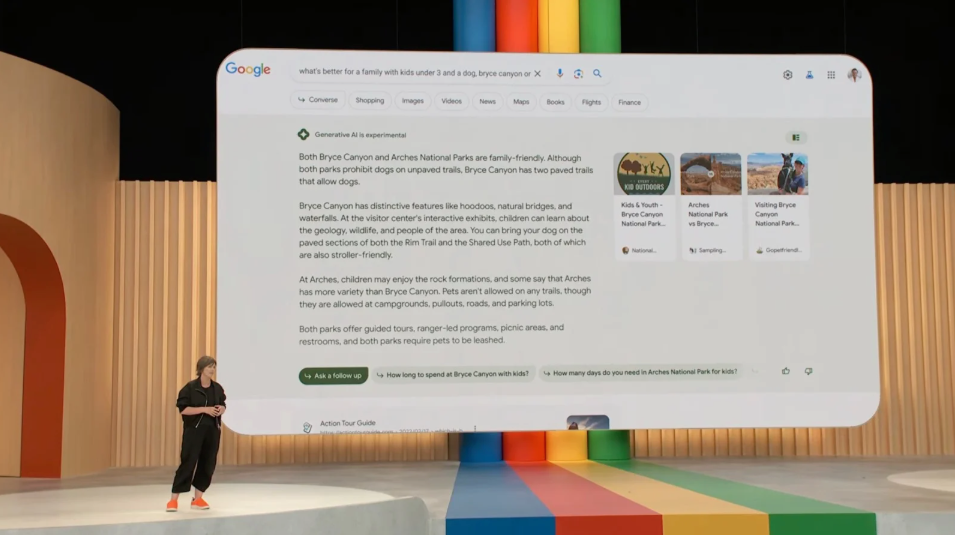The Importance of SEO for Small Businesses and Nonprofits
- Burgess+ Digital Marketing
- Mar 3, 2025
- 2 min read
In today’s digital landscape, having a website is not enough to attract customers, donors, or supporters. Small businesses and nonprofits must ensure their websites are easily discoverable, and that’s where Search Engine Optimization (SEO) comes into play. SEO is a cost-effective, long-term strategy that helps organizations increase visibility, drive organic traffic, and improve online credibility.
Why SEO Matters for Small Businesses and Nonprofits
1. Increases Online Visibility
Most people use search engines like Google to find products, services, and information. Without proper SEO, a small business or nonprofit website may remain buried beneath competitors’ search results. By optimizing website content, structure, and keywords, organizations can rank higher and be more accessible to potential customers or donors.
2. Cost-Effective Marketing Strategy
Compared to paid advertising, SEO is a budget-friendly way to generate leads and conversions. While pay-per-click (PPC) ads can be expensive, SEO drives organic traffic without continuous ad spend. For nonprofits and small businesses with limited marketing budgets, this is a crucial advantage.
3. Builds Credibility and Trust
Websites that appear on the first page of search results are often perceived as more trustworthy and authoritative. Google’s ranking factors, such as high-quality content, mobile optimization, and backlinks, contribute to a website’s credibility. By investing in SEO, businesses and nonprofits can establish themselves as industry leaders.
4. Attracts Local Customers and Supporters
Local SEO is particularly valuable for small businesses and nonprofits serving specific communities. Optimizing for local search terms, using Google My Business, and earning positive reviews can drive foot traffic and local engagement. For nonprofits, this means reaching nearby volunteers, donors, or beneficiaries more effectively.
5. Improves User Experience
SEO isn’t just about search engines—it’s also about creating a seamless experience for users. Optimizing website speed, mobile-friendliness, and easy navigation ensures visitors stay engaged. A well-structured website encourages users to take action, whether it’s making a purchase, donating, or signing up for a newsletter.
6. Drives Sustainable Growth
Unlike short-term marketing campaigns, SEO provides long-lasting results. Once a website ranks well, it continues to generate traffic and leads over time. By consistently updating content and refining SEO strategies, small businesses and nonprofits can maintain and improve their rankings.
Actionable SEO Strategies for Small Businesses and Nonprofits
Keyword Research – Identify search terms relevant to your industry, services, and audience. Use tools like Google Keyword Planner or Ubersuggest.
On-Page Optimization – Optimize title tags, meta descriptions, headers, and image alt text.
Content Marketing – Create valuable blog posts, guides, and FAQs that address audience pain points.
Local SEO – Claim and optimize Google My Business, add local keywords, and encourage customer reviews.
Technical SEO – Improve website speed, ensure mobile responsiveness, and fix broken links.
Link Building – Gain high-quality backlinks from reputable sites to boost credibility.
Wrapping Things Up
For small businesses and nonprofits, SEO is a game-changer. It levels the playing field, allowing them to compete with larger organizations without spending a fortune on advertising. By implementing SEO best practices, organizations can increase their reach, engage their audience, and achieve long-term growth.
Investing in SEO today means securing a stronger online presence for the future. Are you ready to optimize your digital strategy with Burgess+ Digital today?



